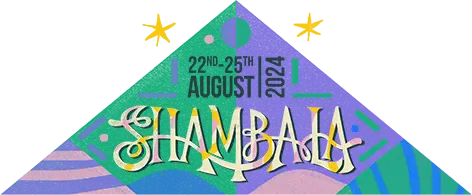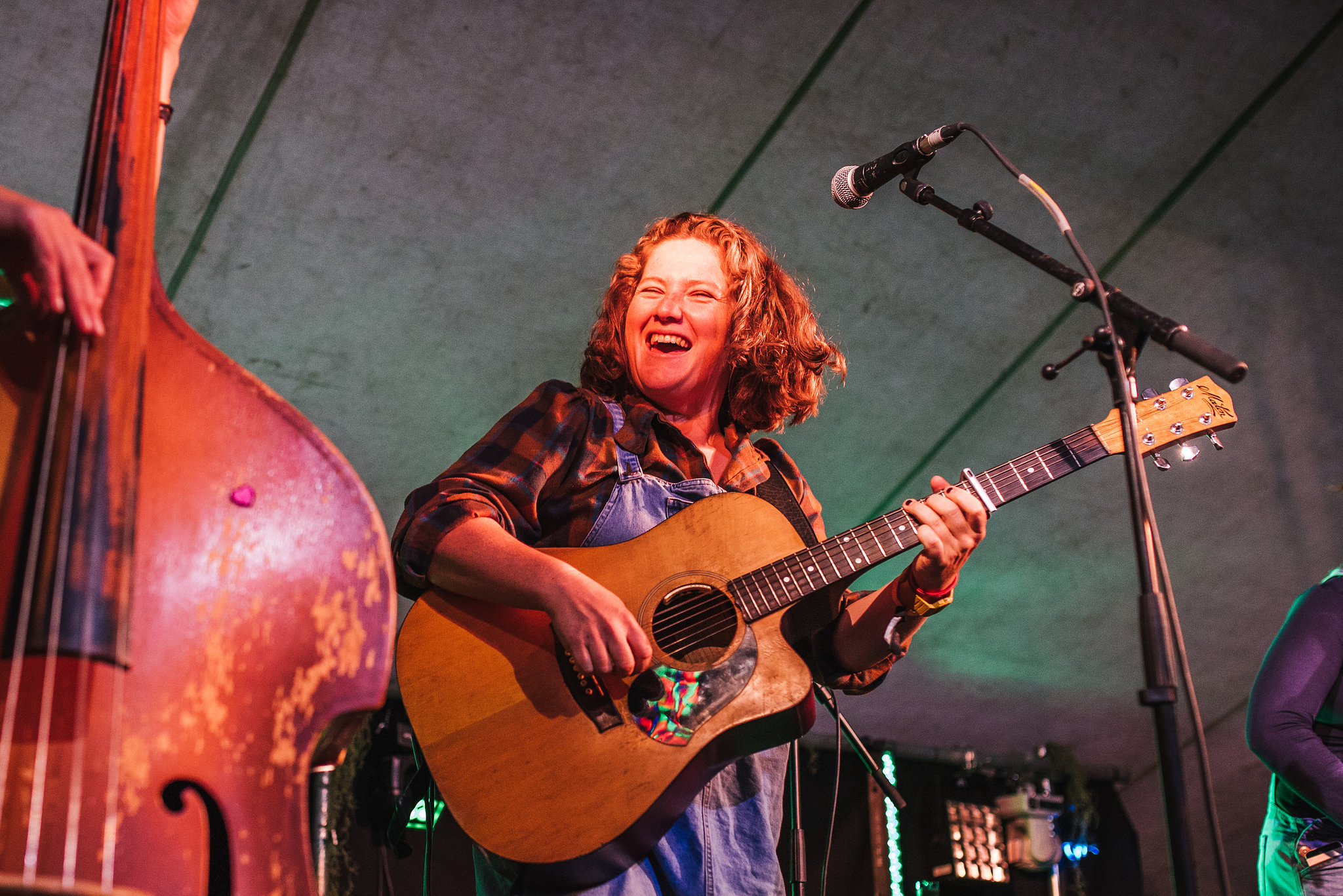The World Is Listening (TWIL) was born as a direct response to a startling statistic published by the Performer’s Rights Society (PRS) in 2011 – they stated that only 14% of their members of composers and songwriters were women.
TWIL aims to inspire a community where women in music are celebrated and recognised, and where they can provide a variety of role models for girls and women everywhere.
Nuala Honan, lead vocalist with ‘Smerins Anti-Social Club’ and a solo acoustic songwriter in her own right, is one of TWIL’s founding members. She is enthusiastic about using her wide range of DIY skills to encourage more women to follow in her footsteps.
When did it first click to you about the great inequality of representation of women in the music industry?
In some ways it was a slow realisation; the top 10 charts looked equal in terms of pop singers, I’ve often played music with other women and been in mixed bands, and I always had a lot of confidence with my music so I didn’t have that feeling that I didn’t belong — but I was always kind of aware we were outnumbered: I could see bands around me were mostly male, but it wasn’t until I read the PRS statistic I realised things were so drastically uneven.
What levels of discrimination have you endured during your career in the music industry?
None that I know of! Well, except being kicked out of the music room aged 13 when the boys wouldn’t let me jam out ‘Silverchair’ tunes. But I have heard and read plenty of stories about women who have come up against sexism in the music industry — like being assumed to have no technical knowledge.
Why did you feel you had to challenge the status quo of the music industry?
Well, firstly, my parents always encouraged me to question the status quo as a general life rule growing up, and I was always a bit of a misfit, so I grew used to questioning mainstream ideas. I want to know what is behind the PRS numbers, and provide an antidote to male dominated music in the media! I feel ready to use my platform, skills, connections and confidence, to give a voice to this issue.
There has been quite a bit of press recently on the ratio of male to female headliners at UK festivals. Is there a growing awareness of the issue?
I guess so, I definitely feel more part of the conversation now than I did when I started playing and working at festivals 10 years ago. I think the Internet has helped give a voice to all kinds of movements and provided a space where we can bring inequalities to light and support each other support each other.
What is your strategy in changing the mentality of the power brokers?
Ha, Wow! That is a long term and enormous goal. The best we can do at TWIL is work in our community and connect with other communities: I think conversation is really important in regards to recognising what is happening. I also think providing an environment where women can receive knowledge, support, and time on the airwaves, may help cultivate an industry where the number of women being represented increases — that is what we’re doing at TWIL.
How has the campaign been received and what are plans for this in the future?
It has been, frankly, amazing. We’ve had a wonderful response at our events and on our social networking channels; people love the podcast, they love the message we’re sending. Women are keen to use our platform to express themselves, spread the conversation and to develop and promote their own work.
We’re appeared at festivals this summer, sharing news about who’s playing to increase exposure. We are planning talks and debates, gigs, drop-in mentoring days and workshops. We’re also working with Bristol Women In Music on putting together a conference in 2016. But one of the most exciting things is we’re now working closely with the research team at the PRS digging further into the statistics, it’s all go!
Who are your female music role models and why?
I look to my beautiful friends for inspiration all the time! Lori Campbell, Beth Porter, Emma Hooper, being surrounded by such talented women who never give up keeps my head above water! I greatly admire the likes of Kate Stables from ‘This is the Kit’ and Rozi Plain, for their beautiful songwriting but also their innovative DIY work ethic.
Nina Simon is a pillar for me in terms of killer talent but also how she used it, especially during the civil rights movement. I have to name check Bjork! She’s been hugely instrumental in inspiring musicians to push the boundaries of their music, and has helped pave the way for female producers. Lastly, Gillian Welch is just absolutely one of my all time favourite songwriters!


